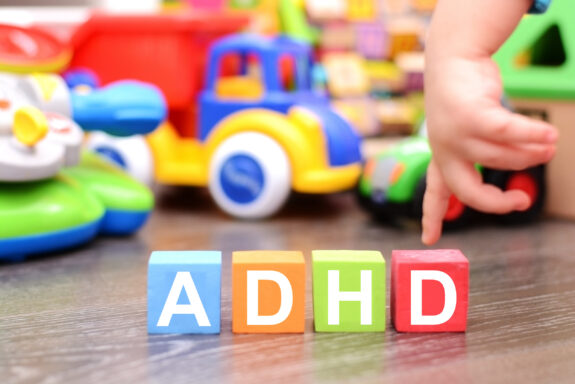
As babies grow, so do their appetites. Introducing first foods is an exciting (but also scary!) time. Little Spurs Pediatric Urgent Care wants to help parents introduce foods in safe ways, especially during the holidays.
According to the CDC, it’s easier to start with foods that are mashed, pureed, or strained and very smooth in texture. When introducing new textures, a child may spit up, cough, or gag. These gestures are normal because they are developing their oral skills. It is highly recommended that you start with foods that dissolve with saliva and don’t require much chewing.
Is your baby ready for solid foods?
- Baby can hold their head up (baby should have control and be able to sit up in high chair)
- Capable of eating food directly from spoon (Baby gestures by opening mouth when seeing spoon)
- Baby is the appropriate age and weight to start solids (usually after 4+ months)
What type of food should baby eat first?
- Premixed baby cereals that require mix in of water, breast milk, or formula
- Soft foods that don’t require chewing (such as avocado or bananas)
- Thanksgiving flavors for baby (sweet potato, butternut squash, sweet carrots, banana pumpkin rolled oats, prunes, harvest turkey dinner, butternut squash and sweet corn, carrots sweet corn and pumpkin) Most of these flavors come in stage 1 or 2 jars for baby.
Avoid giving your baby any foods that require chewing or any foods that can be choking hazards!
- Hot dogs (unless cut appropriately), chunks of meat or cheeses of any kind, whole grapes, apple slices, popcorn, raw veggies, and hard candy are all choking hazards for children until age 4.
Allergies
- When introducing solid foods it is important to keep in mind possible food allergies. Unless you have already introduced this food and know that your child does not have an allergy to it, we recommend avoiding the following on Thanksgiving Day:
- Eggs
- Milk
- Peanuts
- Wheat
- Soy
- Tree nuts
- Fish
- Shellfish
Baby Led Weaning (BLW)
- BLW is a popular trend occurring among parents right now. It is important to note that this method of introducing solid food is neither recommended or discouraged by the American Academy of Pediatrics. That being said- if you do decide to try this route, we recommend that parents take a CPR course for infants.
Choose foods that are rich in nutrients and healthy for baby. Overtime your baby will develop the oral skills to eat more solid foods. Remember to feed baby in small portions and slowly.
If you have any questions about your child’s nutrition, talk with your child’s doctor or your local pediatric urgent care!



